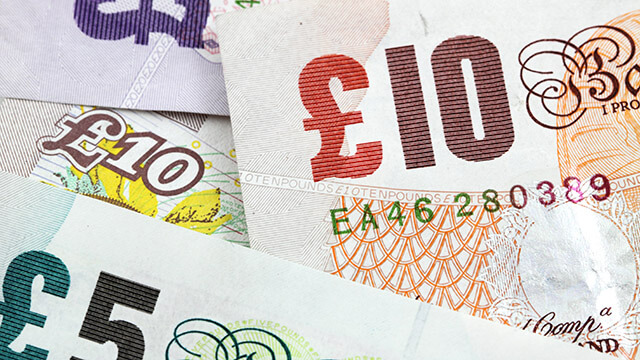The EUR/GBP currency pair is gaining momentum, reaching approximately 0.8380 during the early hours of trading on Thursday, marking an increase of 0.65% for the day. The decline in the value of the British Pound follows recent comments from the Governor of the Bank of England (BoE), who hinted at a potential shift towards more aggressive rate cuts. This sentiment is contributing to the rise of the EURO against its UK counterpart.
In his address, the BoE Governor indicated that the central bank might adopt a more proactive stance on interest rate reductions if there are further improvements in inflation metrics. He also mentioned that developments in the Middle East would be closely monitored, adding a geopolitical dimension to the economic outlook. These dovish statements from the Governor have put pressure on the Pound, simultaneously bolstering the performance of the EUR/GBP pair.
In September, the BoE maintained interest rates at 5.0% following a cut in borrowing rates for the first time in four years in August. Market expectations are leaning towards a potential quarter-point rate reduction in the upcoming November meeting. Meanwhile, the European Central Bank (ECB) has remained cautious, with President Lagarde stating that the bank is not committing to additional cuts but will remain guided by economic data. Recent reports indicated that inflation in the Eurozone fell to 1.8% in September, dipping below the ECB’s 2% target, thereby fueling speculation about prospective rate changes.
Additionally, comments from an ECB council member suggest that while data supports the case for a rate cut, there are warnings against overestimating the likelihood of easing. Currently, market sentiment favors a 95% probability of a cut in October, a significant rise from just 25% following the September meeting.
As traders look ahead, key economic indicators such as the HCOB September Purchasing Managers’ Index (PMI) for Germany and the Eurozone, along with the Producer Price Index (PPI), will be closely watched. Weak results from these reports could lead to a decline in the EURO relative to the pound.
